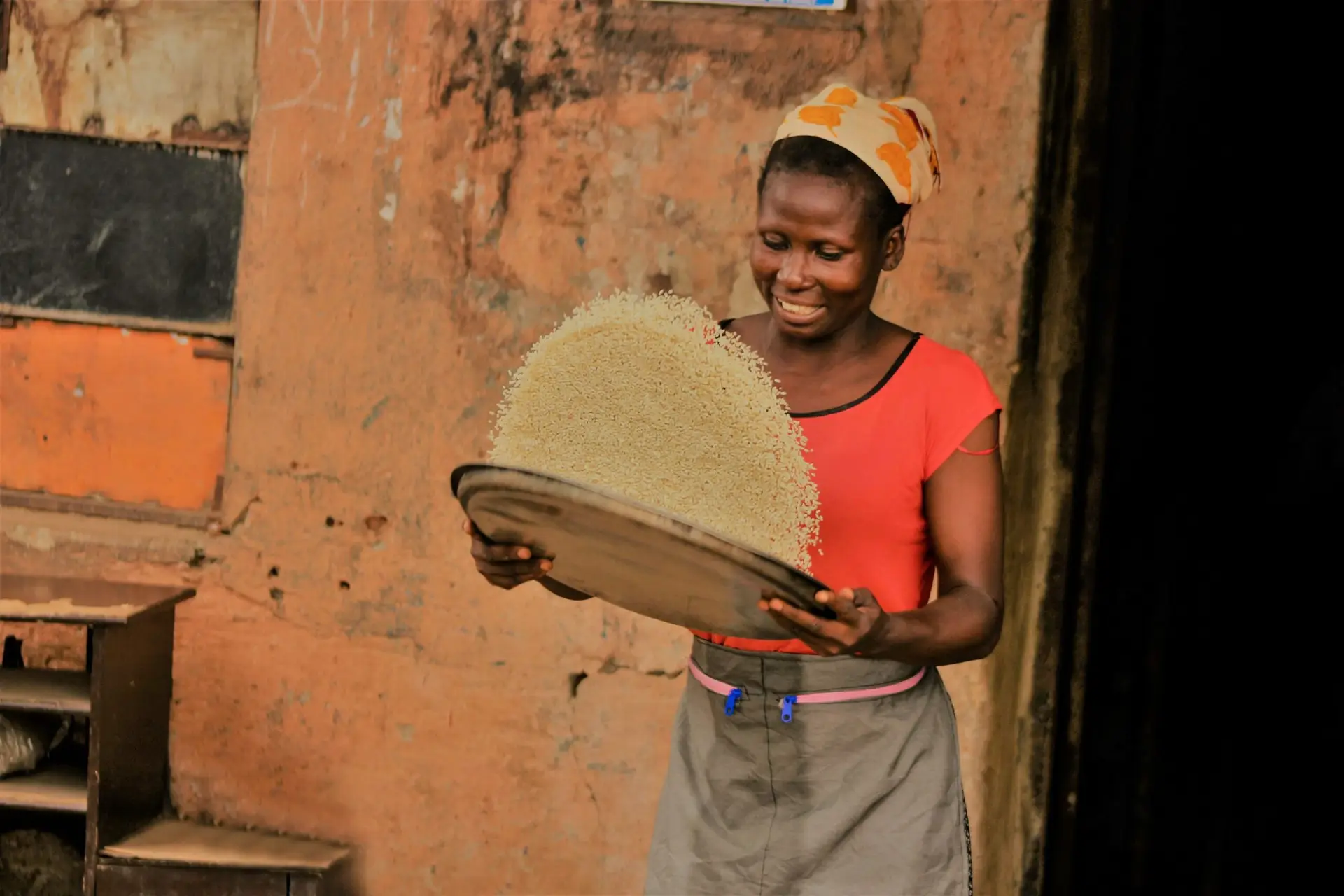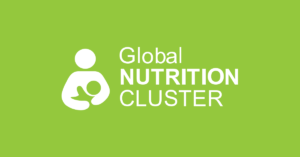Free courses list Food Security and Nutrition in Humanitarian Assistance
Food security and nutrition are fundamental aspects of humanitarian operations, critical for ensuring the survival and well-being of vulnerable populations during crises. Economic and food insecurity perpetuate poverty and hunger, exacerbating the vulnerability of communities to emergencies. Ensuring access to adequate nutrition is crucial, as malnutrition can become the most serious public health issue in such situations.
I created this new course list, featuring free online training on food security, nutrition, and malnutrition, to list available knowledge and elearnings to address these critical issues. With a background in Tropical land use from Wageningen University myself, I have a personal connection to the importance of food and nutrition in our humanitarian efforts of course. Hence it was finally due to have this list added to my online resources lists of free online courses for humanitarians.
Maybe a good start could be this overview of the Food Security, Health, WASH and Nutrition clusters/sectors course – a half an hour online course from UNICEF and the Global Nutrition Cluster. Getting started on the main topics and the overlap between these sectors. Want to learn more about the key donors supporting nutrition programming in humanitarian contexts and their strategic priorities, check out this course too: Introduction to Nutrition Donor Strategic Priorities.
If you haven’t checked out the other online courses, make sure to check out for example the General Introduction courses in humanitarian responses, or the WASH courses, the list of free courses in Mental Health and Psychosocial Support or in Monitoring and Evaluation in our responses.
Free courses on Food Security for Humanitarians and Aid programs
- Nutrition, Food Security and Livelihoods: Basic concepts by FAO (0,5 hours)
- Child Protection Mainstreaming in Food Security and Nutrition by The Alliance for Child Protection in Humanitarian Action (3 hours)
- Child Protection competencies for Food Security actors by The Alliance for Child Protection in Humanitarian Action (1 hour)
- Food Assistance Minimum Standards by UNICEF (0,5 hours)
- Sustainable Food Security: Food Access by Wageningen University (42 hour)
- Food and Nutrition Security in Urbanising Landscapes by Wageningen University (16 hour)
- Overview of the Integrated Food Security Phase Classification (IPC) by UNICEF and the Global Nutrition Cluster (2 hours)
- Developing a monitoring and evaluation (M&E) plan for food security and agriculture programmes by FAO (3,5 hours)
- Global Health Security, Solidarity and Sustainability through the International Health Regulations by University of Geneva (25 hours)
- Introduction to trade, food security and nutrition by FAO (2,5 hours)
Free courses about Nutrition for Humanitarians and Aid programs
- Introduction to nutrition by UNICEF (0,5 hour)
- Basic training on Nutrition in Emergencies by UNICEF (1 hour)
- Nutrition: An Introduction by Global Health elearning Centre, FANTA II project and USAID (3 hours)
- Social and Behavior Change for Nutrition by Global Health elearning Centre, FANTA II project and USAID (2 hours)
- Cross-cutting Issues in Nutrition in Emergencies by UNICEF (0,5 hour)
- How to conduct a Nutrition Situation Analysis by FAO (3 hours)
- Introduction to types and purpose of nutrition needs assessments by UNICEF and the Global Nutrition Cluster (0,5 hours)
- Integrating the Needs of Vulnerable Groups into Nutrition Needs Assessments by UNICEF and the Global Nutrition Cluster (1 hour)
- WASH’NUTRITION by Action against Hunger (8 hours)
- Nutrition of Adolescents in Emergencies Preparedness and Response by UNICEF (0,5 hour)
- Nutrition of Older People in Emergencies by UNICEF (0,5 hours)
- Resource Mobilization to Meet Nutritional Needs in Emergencies by UNICEF (0,5 hours)
- Introduction to Digital Health & Nutrition 101 by Save the Children & Humanitarian Leadership Academy (0,5 hour)
- Investing in Child Nutrition by Alive & Thrive (36 hours)
- Mitigating the Risk of GBV in a Nutrition Response by UNICEF and the Global Nutrition Cluster (1 hour)
- Mapping Existing Nutrition Resources and Budgeting for a Collective Nutrition Response by UNICEF and the Global Nutrition Cluster (0,5 hours)
- Maternal Nutrition Programming in Emergencies by UNICEF (0,5 hours)
If you want to learn more about the Nutrition Cluster (data collection, Information Management, 3W, Cluster Management etc, please take a look at the Nutrition Cluster Coordination eLearning Catalogue (click here to access). For a general tool and short course in Cluster nutrition reporting, check this course: Nutrition Cluster Reporting Tools by UNICEF (1 hour)
Free courses on Malnutrition Programming
Please check for more courses around Public and Emergency Health courses for humanitarians in the Public Health course list (click here).
- Acute Malnutrition in Emergencies Preparedness and Response by UNICEF (1 hour)
- Agreeing on causes of malnutrition for joint action by FAO (1,5 hour)
- Double Burden of Malnutrition and its causes by UNICEF (0,5 hours)
- Training Toolkit on Simplified Approaches for the Detection and Treatment of Child Wasting by Humanitarian Leadership Academy, Save the Children, UNICEF, Action Against Hunger (ACF), International Rescue Committee (IRC) (7 days)
- Micronutrient Malnutrition in Emergencies Preparedness and Response by UNICEF (0,5 hours)
- Effects of Emergencies on Health and Nutrition – An Introduction by Humanitarian Leadership Academy & Save the Children (1 hour)
- Effects of Emergencies on Health and Nutrition – An Advanced Guide by Humanitarian Leadership Academy & Save the Children (1 hour)
- Infant and Young Child Feeding in Emergencies during Infectious Disease Outbreaks by READY initiative, Infant Feeding in Emergencies (1 hour)
Other courses around Nutrition and Food Security
- Seed System Security Assessment + Response by SeedSystem.org (3,5 hours)
- Knowledge Management for Handling Nutritional Information by UNICEF (0,5 hours)

